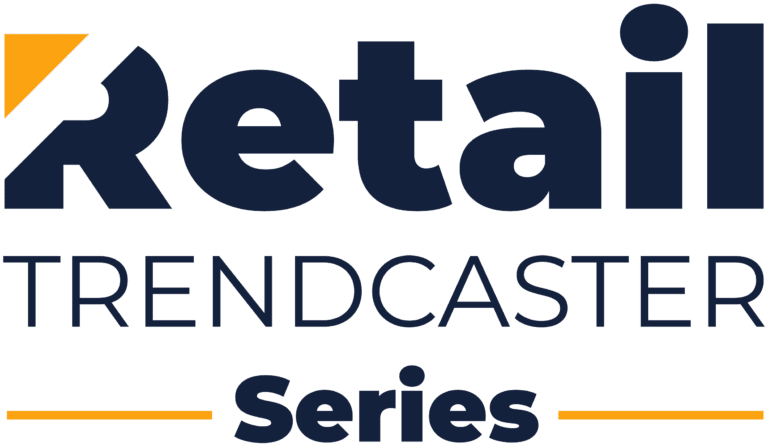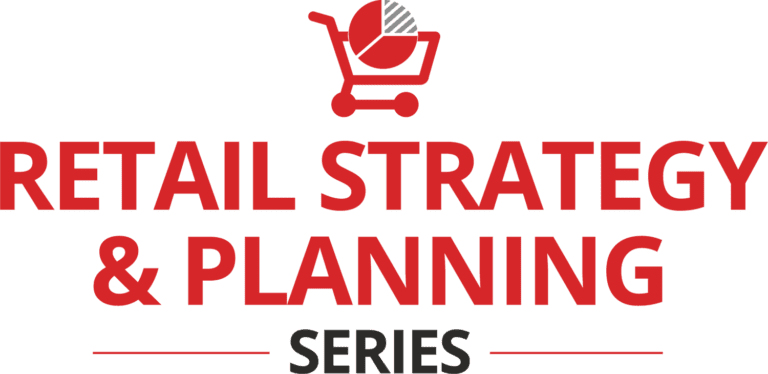By Mike Lewis, TimeTrade

There’s no shortage of interest in the rise of mobile and online shopping, but the truth of the matter is that brick-and-mortar stores continue to dominate the retail space. TimeTrade recently conducted a survey of over 1,000 consumers and found that 87% of respondents said they plan to shop in stores in 2015 at least as often as they did in 2014. Additionally, an overwhelming 71% said they would prefer to shop in a physical Amazon store than online at Amazon.com. This reveals some interesting insights into consumer shopping behavior. The growth of online shopping has certainly impacted how and when we shop, dramatically changing our path-to-purchase. But consumers are still by and large entering physical stores, which means a focus on the in-store experience is still vital for retail success.
One change we’ve seen recently is that more and more consumers do their homework online, before ever setting foot in a store. This means that when they do visit physical locations, they come armed with knowledge around product features, pricing and competitors’ offerings. They also expect store associates to already be up-to-speed on what they want and the research they’ve done. More knowledgeable employees are a must in today’s retail world; consumers have upped their game, and retailers must rise to the occasion.Another factor that has shaped today’s consumers is the rise of the “concierge economy,” meaning that everything from taxis and dinner reservations to movies tickets and news are all available in near real time, at the push of a button. As a result, service expectations are soaring, while patience levels are at an all time low. Making every customer feel special is certainly no easy task.
One company that has done it well is Apple. With its combination of roaming sales associates to assist walk-ins and its pre-scheduled Genius Bar appointments for more in-depth issues, Apple has ensured that its customers receive swift, knowledgeable, personalized service, no matter the need.Of course, creating this type of experience is easier said than done. It certainly doesn’t happen overnight, but there are clear steps retailers can take to improve the in-store experience and make everyone feel like a member of the concierge economy.
Outlined below are five questions that retailers should be asking as they move toward delivering a more focused, higher-lever consumer experience.
Q: How can retailers make their customers feel like VIPs?
A: Traditionally, we think of personal shopping as a privilege of the upper class, but in today’s retail environment, brands really have the power to extend that experience to the masses. According to our recent survey, 50% of consumers believe the most important value in a sales associate is the ability to make smart recommendations. They want intelligent employees who can offer not just assistance, but counsel. Retailers should focus on providing knowledgeable associates that are able to dedicate their time and attention to specific customers. Knowing when customers are expected in store, the nature of their questions, and their previous interaction history, will help immensely with achieving this. It’s this type of attention that creates a true VIP shopping experience.
Q: What can retailers do to empower their associates?
A: There’s no doubt that training associates can be a costly and time consuming process, especially in an industry like retail, where high turnover rates are common. However, the value of a thorough training program cannot be overstated. Empowering employees with tools so they can provide information and recommendations on the spot will also improve their effectiveness. Consumers want knowledgeable help. In fact, our research has shown that consumers are 91% more likely to return to a store if a knowledgeable associate has helped them. There are clear tangible gains to be made by arming associates with the right customer background and the tools needed to convert a $50 sale into a $150 sale.
Q: What can retailers do to understand their customers better?
A: Retail associates will never be able to read consumers’ minds, but there are certainly ways for them to predict what product or service they might be after. For retailers, developing customer profiles is a great way to keep track of individuals’ shopping history and preferences, which is key to winning in the concierge economy. Powerful analytics tools can deliver prescriptive insights into a customer’s end-to-end experience. Imagine never feeling like you’re starting from scratch when a customer enters a store. Associates that acquire a 360-degree profile of the customer are equipped with the tools needed for cross-sell and up-sell. At the same time, the customer’s experience is improved because the associate already knows their personal preferences, likes and dislikes. This enables the retailers to provide that VIP experience.
Q: How can retailers decrease customers’ wait times?
A: In the age of the “now economy,” consumers’ patience levels have dropped dramatically, and long wait times in store directly correlate to lost sales. Retailers should offer their customers options like the ability to schedule appointments online, before ever setting foot in a store. This will help ensure that they receive attention right when they get into the store and that they meet with an employee who is equipped to address their specific needs. This way, customers do not feel as though their time is being wasted — or worse — the brand is being disrespectful of their needs.
Q: How can retailers use analytics wisely?
A: Consumer behaviors are always changing. To keep pace with new trends and developments, retailers must constantly track their customers’ end-to-end experience and use that data to improve operations. One way to do this is to utilize mobile surveys following customers’ interaction, which will enable them to record a Net Promoter Score. Advanced analytics will then deliver C-level executives and managers an assessment of what’s working and what’s not on a regional, store and even individual associate level. This allows for improvement across all areas.
Mike Lewis is CMO of TimeTrade. He is an International speaker, author of Stand Out Social Marketing, active blogger and twitter personality. He also serves on the Board of Directors at several start-up technology companies.





